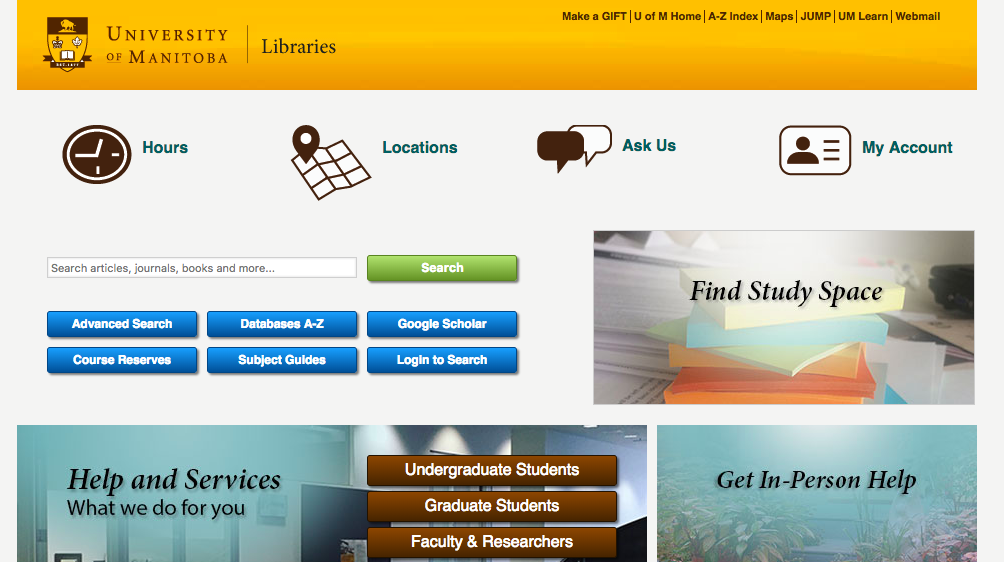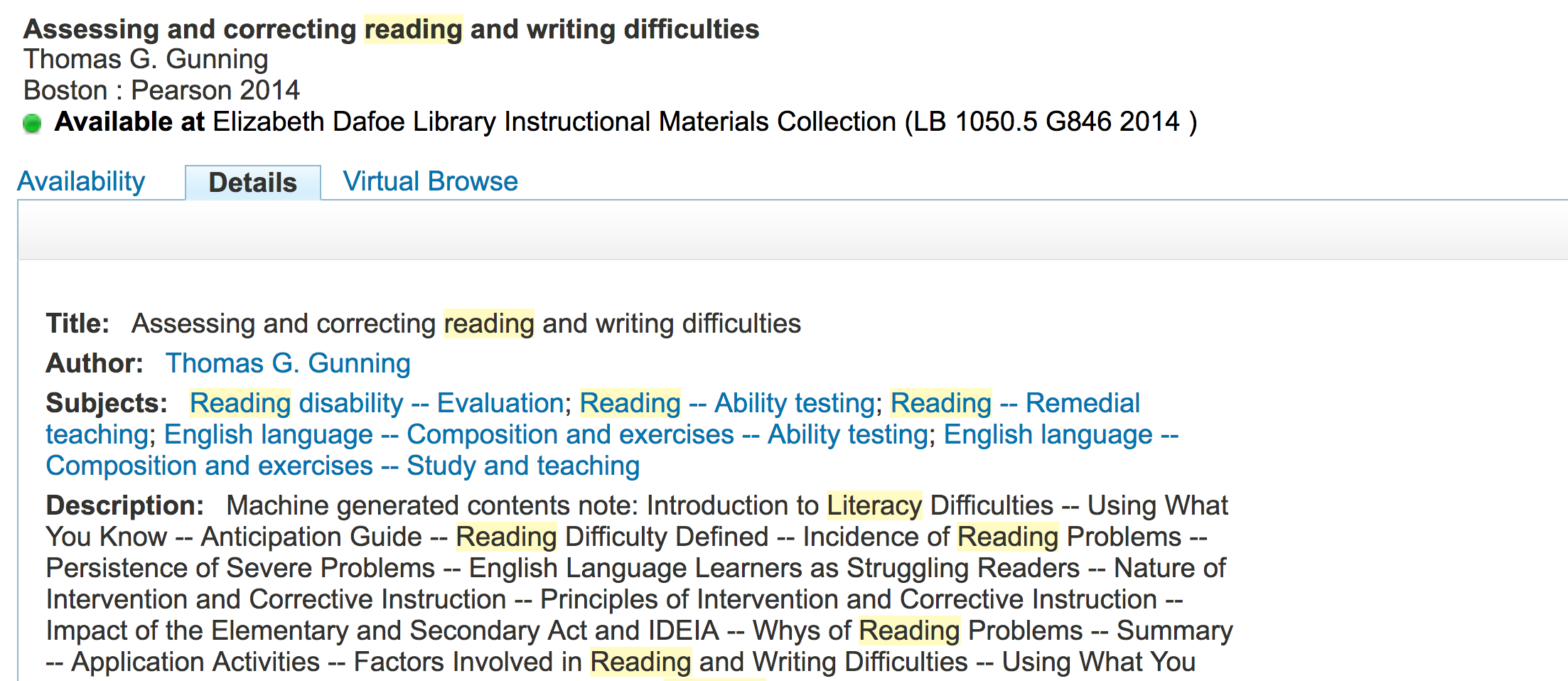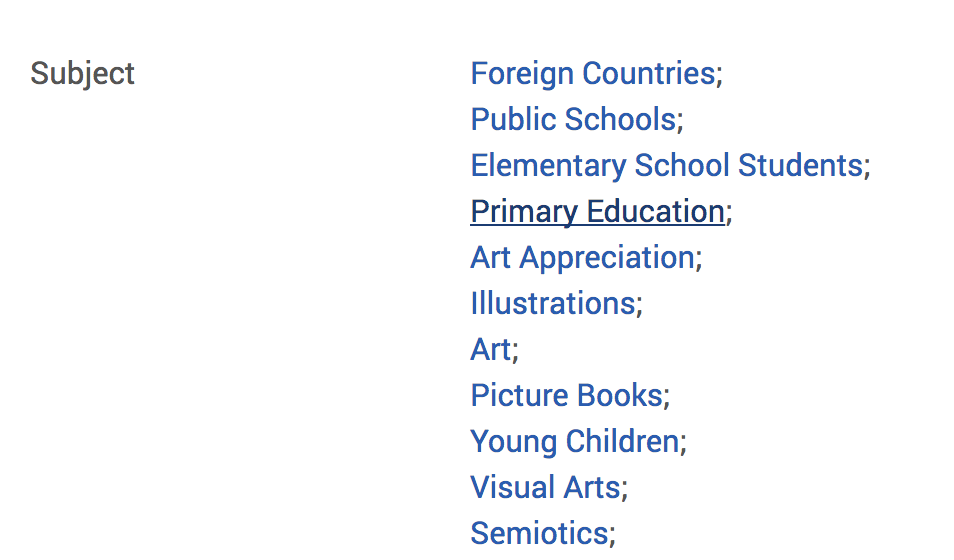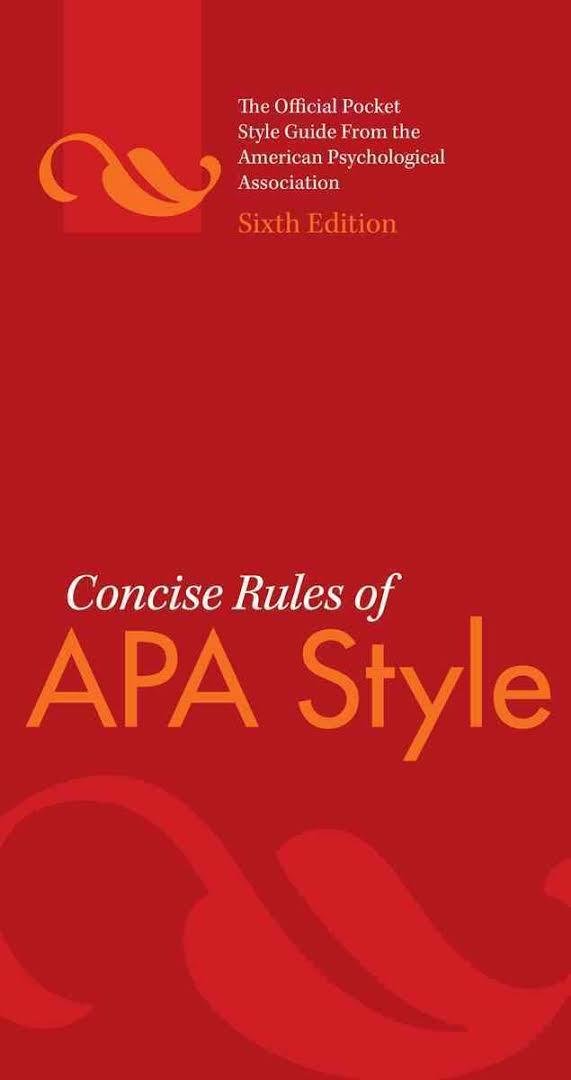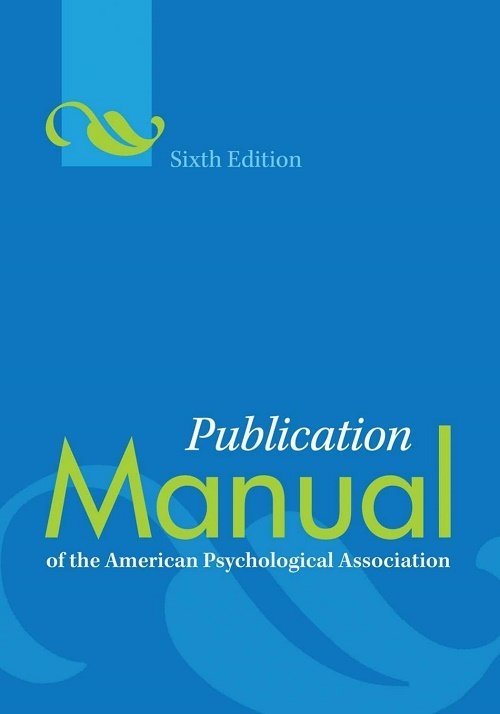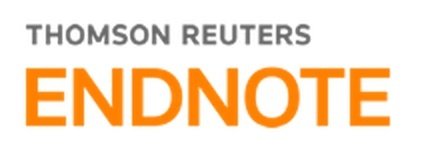Research in Education
EDUA 5600 - A01
January 15, 2018
Kyle Feenstra
Education & Psychology Librarian
Elizabeth Dafoe Library

What we will talk about today...
- Types of resources available at UM Libraries
- Basic and advanced search techniques
- Citation management
Where to get started...
Where to Access Resources
| Indexing & Retrieval Tools | Resources | |
|---|---|---|
| Physical Collections | Library Catalogue | Print Books Print Journals Rare Books |
| Electronic Collections | Library Catalogue Databases |
eBooks eJournals Theses & Dissertations Digitized Primary Documents |
| Internet Resources | Google Google Scholar |
Academic Websites Open Access Books Open Access Journals |
Policy Documents
Govt Publications
Statistics & Data
Check multiple sources
(Typically born digital)
Accessing Scholarly Journals
Academic
Articles
(Restricted Access)
Databases
- Provide an index of articles published in academic journals
- Organized for easier retrieval and access.
- Library provides access beyond paywall.
(Pay Wall)
Library
Catalogue
Google
Academic
Articles
(Open Access)
Google Scholar
- Searches journal websites.
- Uses Google's search algorithms to retrieve articles.
What are scholarly journals?
- The journal publishes current research in a particular academic field.
- Articles are written for an academic audience in a scholarly community.
Identifying scholarly articles
- The article presents original research or analysis that is new to the field.
- Resources used to write the article are adequately cited with a bibliography and/or footnotes.
- The author has academic credentials.
What do we mean by "peer review"?
- Articles submitted to the journal are reviewed by independent scholars to ensure they meet the standards for research in that field prior to publication.
Identifying Peer Reviewed Journals
- The catalogue or database where it is found identifies the journal as a peer reviewed source. (Example)
- The journal editors identify the publication as
peer reviewed. - Peer review claims are confirmed by Ulrich's Web.
Basic Search Techniques
- Here are some tips to get better search results in the catalogue and databases.
- Combining search terms
- Using quotation marks
- Multiple word endings
- Search formulas with parentheses
Research as Language Learning
Review prior knowledge and consult sources to develop an understanding of language and concepts.
Search, read,
review the literature.
Develop an understanding of the literature considering relationships between concepts, authors, and publications.
Expand understanding & critique of concepts, theory, and data.
Encyclopedias
Wikipedia
Research Handbooks
Dictionaries
Thesauri
Bibliographies
- Our understanding of things is mediated through vocabulary that is contextual, cultural, and always subject to interpretation.
So... it is very important to know the language used in your discipline or area of research.
- The language of dialogue, research, and literature is not necessarily the same as the language we use for information retrieval.
So... it is also helpful to know the language the databases use to index articles and enable researchers to retrieve them.
Why is Language Important?
Advanced Searching
Keywords
(Natural Language)
Subject Headings
(Taxonomies)
Language in the literature representing a domain of knowledge or field of study
Language used to organize a field of study for the purpose of retrieval
Subject Headings
results are based on a match with the subject heading field in the library or database record.
Subject headings are useful for identifying related materials.
Keywords
results are based on frequency of word use in the library or database record and possibly the document text.
When you search with...
Monograph Subject Headings
The Library of Congress assigns subject headings for all monograph publications
Article Subject Headings
Databases organize subject headings in a thesaurus.
ERIC offers a comprehensive thesaurus for education.
(See other Education Thesauri.)
Subject Heading Search Strategies
- Search with keywords to find relevant books or articles. Use their subject headings to find similar materials.
- Find the preferred subject headings first and search by subject rather than keyword.
- Refine a subject heading search by adding keywords.
Example in ERIC
Subject Term
Keyword
"Inclusion" (in place of "inclusive education")
"Disability"
- All search results fall in a category of articles on the general topic of "inclusion" in education.
- All search results will have the word "disability" appearing somewhere in the text.
- ERIC will put search results where "disability" appears in the title of the article at the top of the list.
Recommended APA Style Guides
Citation Management
There are many citation management apps available and
workshops* to help you learn how to use them.
Zotero Workflows
- Create libraries for:
- research topics
- projects / assignments
- your thesis
- Use the timeline feature to view items in your library chronologically
- Use the MS Word processor integration to:
- Import / edit references
- Import / edit bibliographies
Use Zotfile to create off-line library folders on your computer. (Recommended)
Questions?
Kyle Feenstra
Education & Psychology Librarian
Elizabeth Dafoe Library
kyle.feenstra@umanitoba.ca

